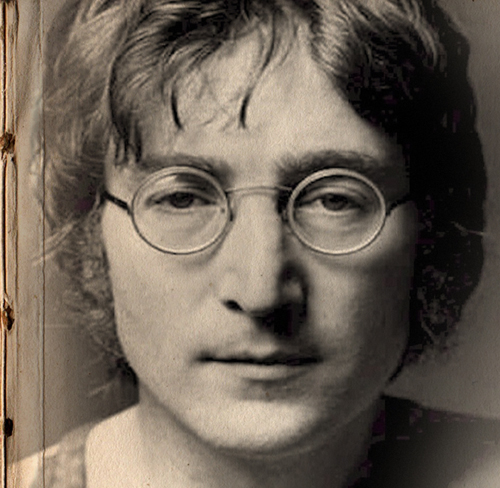The role of the music publisher is in rapid transition. With mechanical payments evaporating and music streaming a rising reality, it is imperative to deploy new methods of monetizing songs, maximizing new outlets and tracking and collecting income in order to stay in business. For this feature, MC reaches out to discover how modern independent publishers are dealing with the new landscape.
 Jedd Katrancha
Jedd Katrancha
Executive VP
Company: Downtown Music Publishing
Website: dmpgroup.com
John Lennon, Randy Newman, Nikki Sixx, Cy Coleman and James “Blood” Ulmer: Downtown Music Publishing reps an eclectic and notable roster of writers, artists and catalogs. The New York-based company was originally the publishing arm of the label Downtown Records.
Now an independent entity, Downtown also has recording studios, a technology division, a one-stop catalog for licensing and an in-house music strategy division.
What is Downtown Music Publishing’s overall strategy?
This company started with one writer and we've built this catalog and the culture that surrounds it from the ground up. Our strategy is to excel at a broad range of services, both administrative and creative, and share those efforts with a diverse roster of writers and catalogs that we feel strongly about. At times, our approach will be traditional and at time, hopefully, forward thinking. The old-fashioned part of our approach is fostering the vital relationship between the songwriter and the publisher. We are also small enough that we could be reactive to changes and be progressive and thoroughly modern at the same time.
Who are some key writers that you represent?
We were pretty diverse even out of the gate. To look at our first five or six signings, there was everything from artist/writers like Santigold, and Cold War Kids; pop writers like Antonina Armato (Miley Cyrus, Selena Gomez); Andrew Wyatt, who went on to co-found and front, the band Miike Snow; and R&B writer Troy Taylor (Trey Songz). If there was anything true at the core, it was that we all felt strongly about the music and that there was something we could do positively for the client.
Whether it’s “Welcome Back” (John Sebastian), “Groove is in the Heart” (Deee-lite), Stephen Bishop’s “On and On” or Mötley Crüe’s “Kickstart My Heart,” there’s a different way you work with and treat these major songs.
We also had the good fortune a few years ago to become the administrator for John Lennon and Yoko Ono's catalog of works. “Imagine,” “Instant Karma,” “Please Please Me” (one of six Beatles songs we represent), "Walking On Thin Ice" and David Bowie’s “Fame.” It’s an honor.
How has Downtown adjusted to the new business climate?
We have technology helping us to become more not only more efficient as administrators and creatives, but also more effective at articulating our efforts and results to our clients. We have as many developers working out of our office as we do people working on royalties. I think that’s where everyone is going to be––you have to use tools to take a real time look at where things are going.
We've also opened up offices in London and Amsterdam and hope to expand further into Europe and Asia so that we can become a better global partner for our writers.
What future challenges do songwriters and publishers face?
The role of the publisher as advocate for the writer continues to become more important. Obviously new technologies require constant conversation as we all work together as a community to best represent the interests of our writers. These changes require flexibility and I'd like to think that's what we are.













